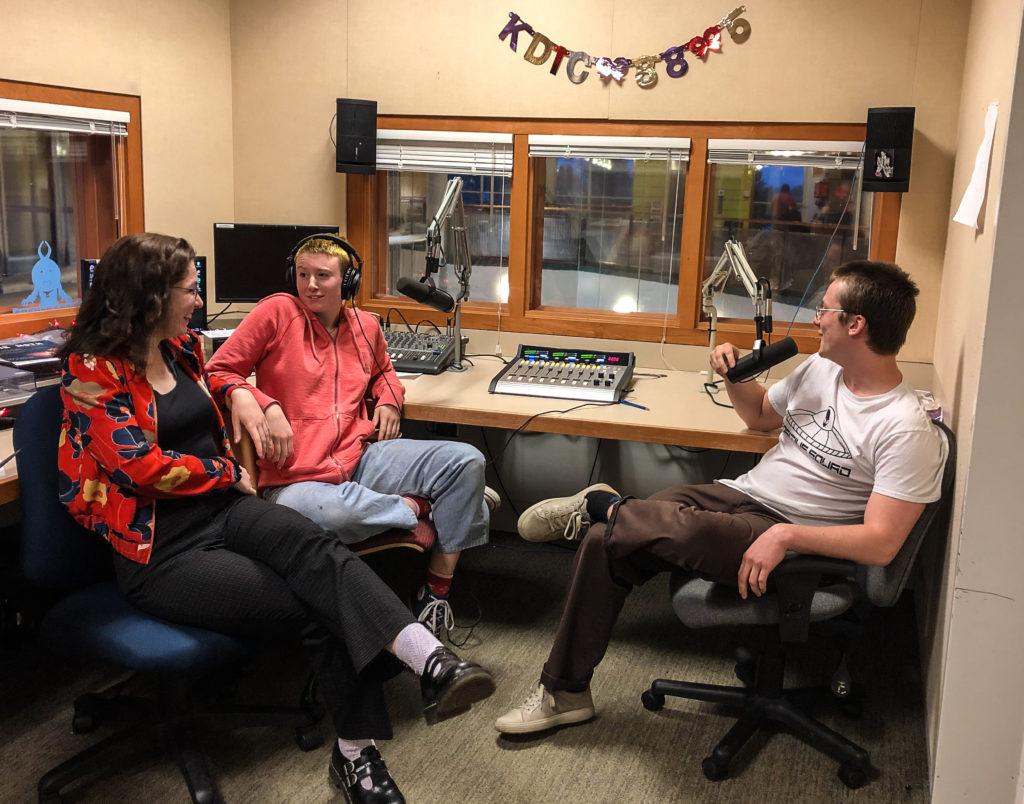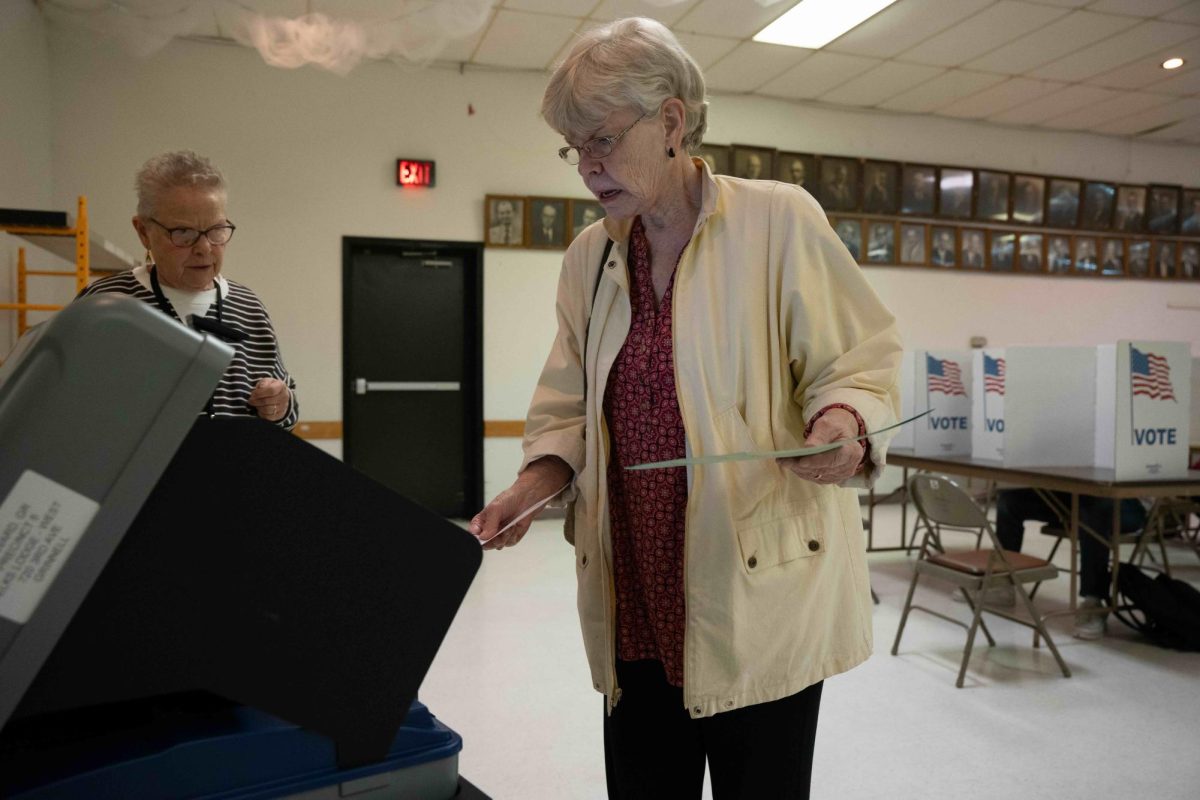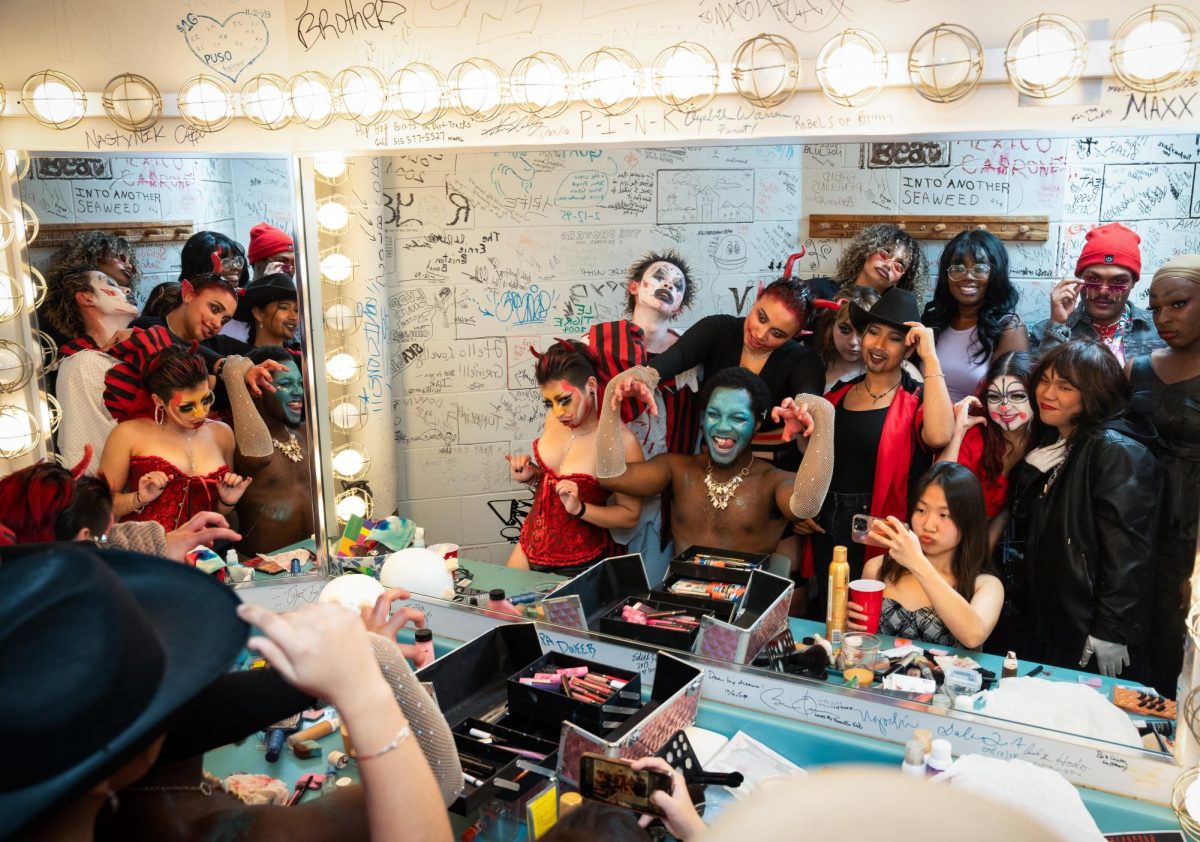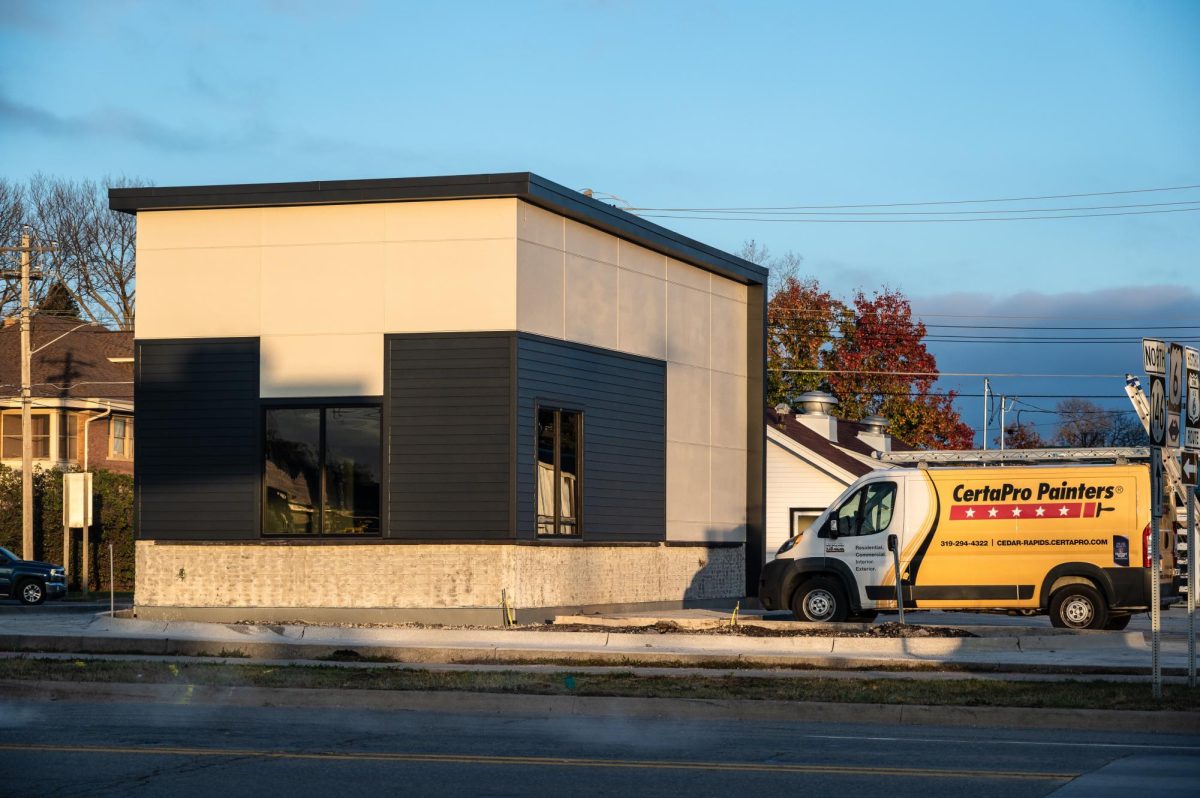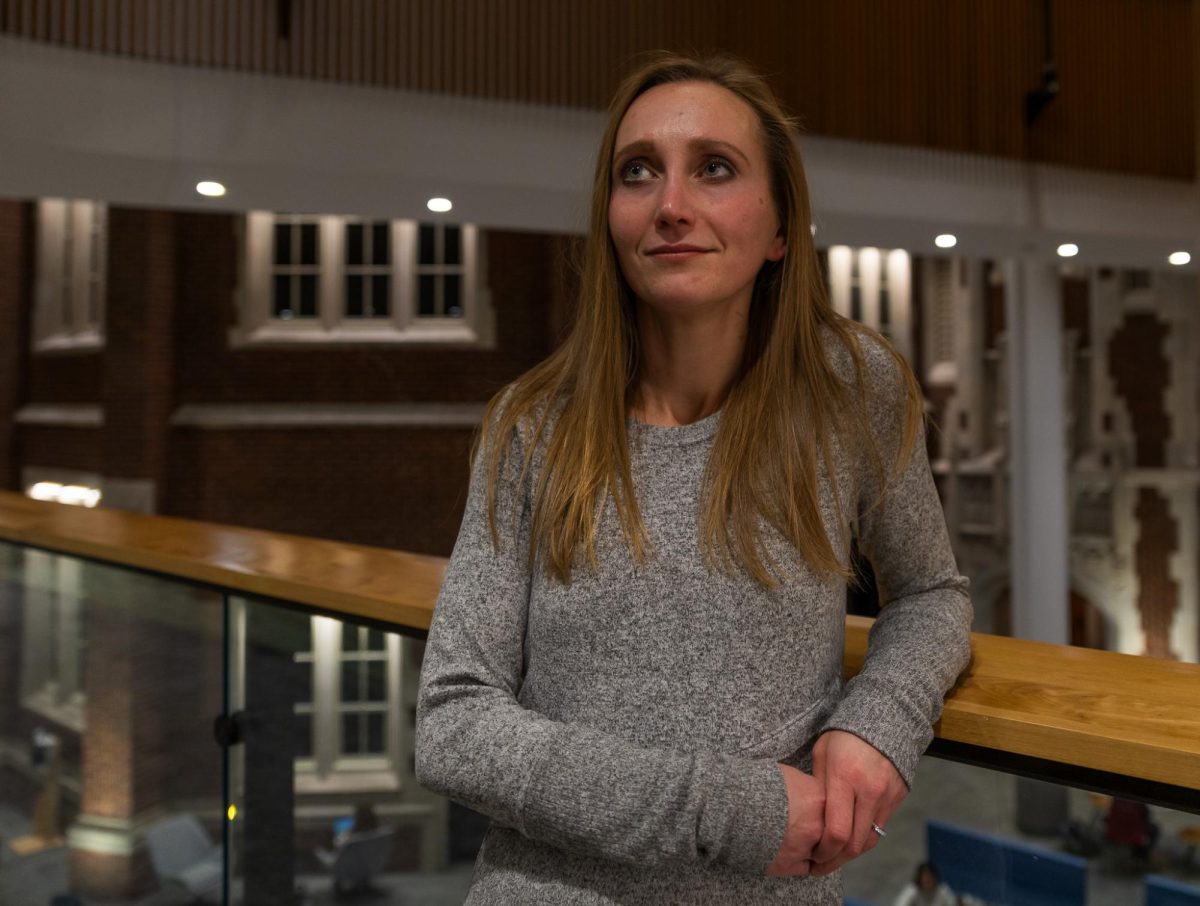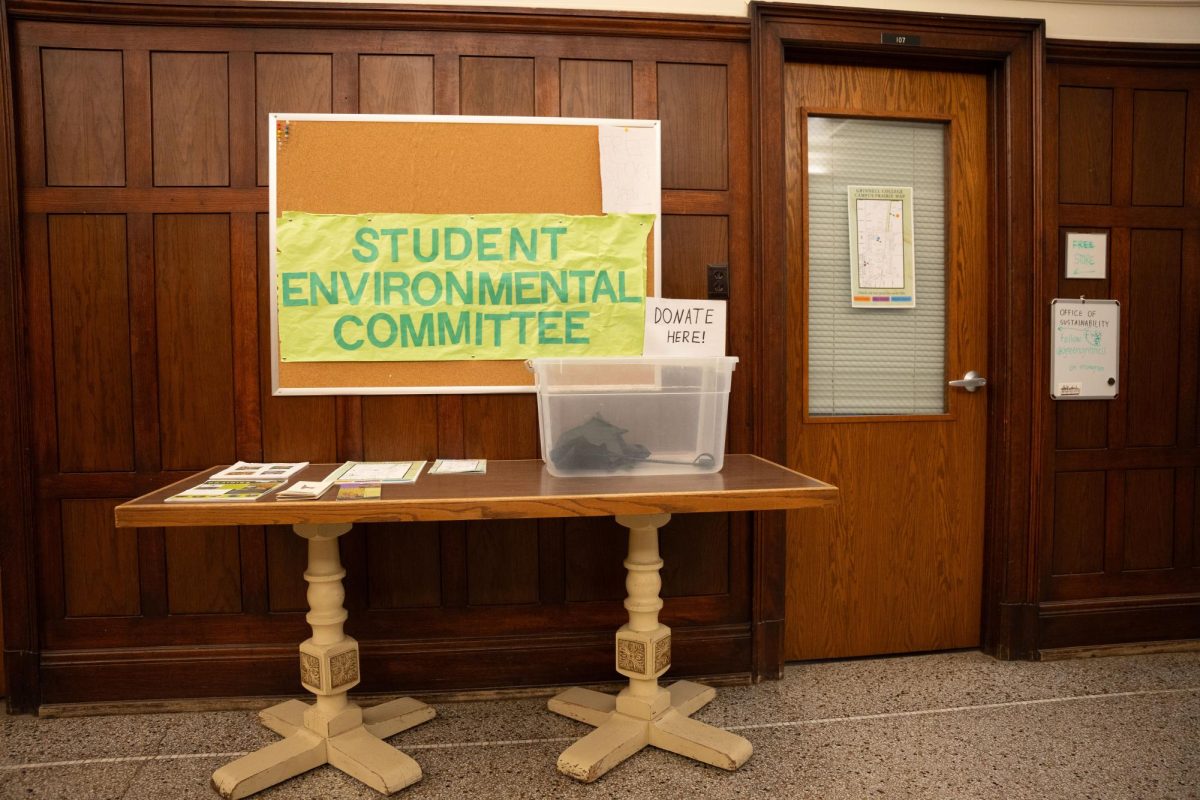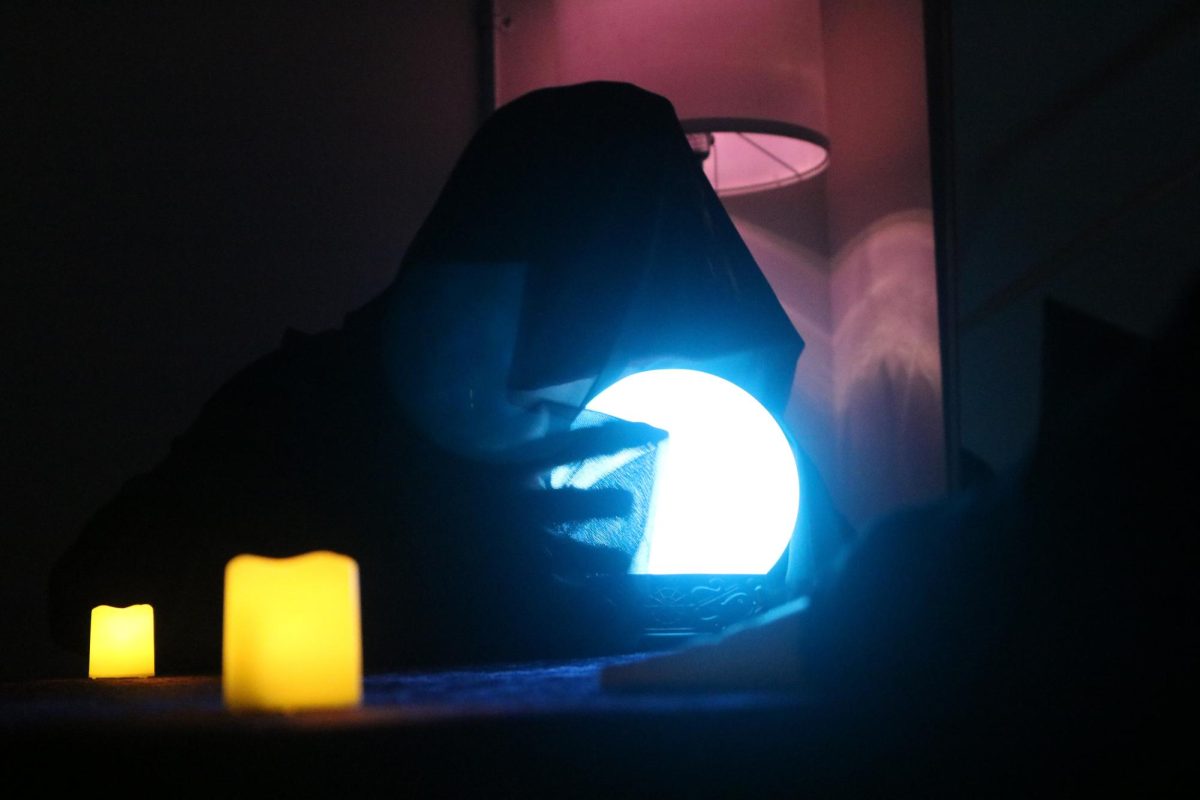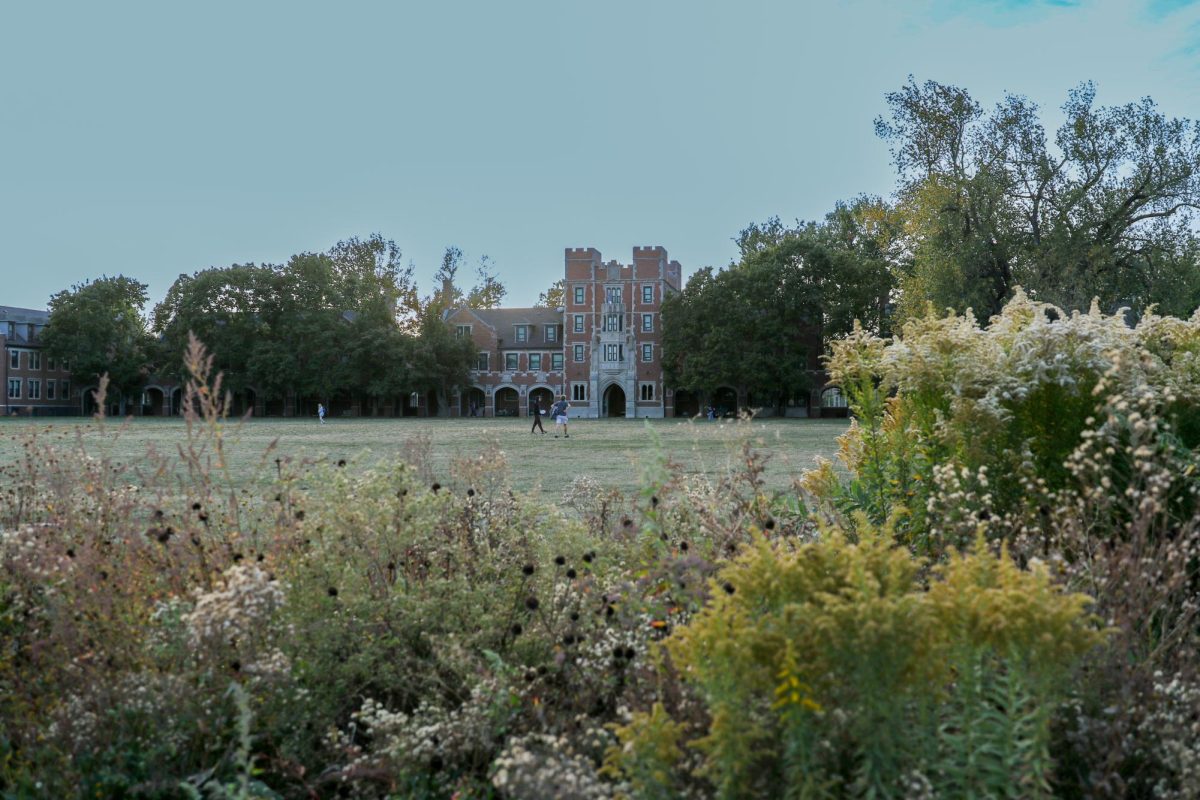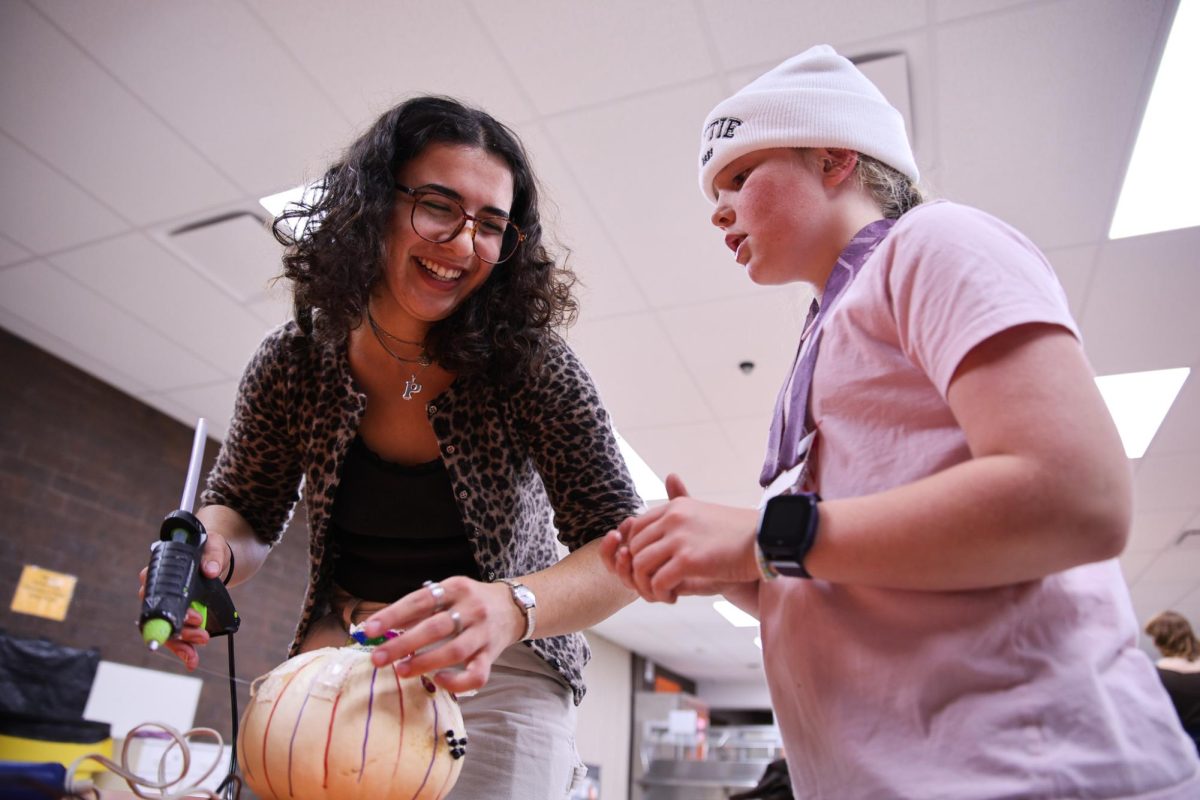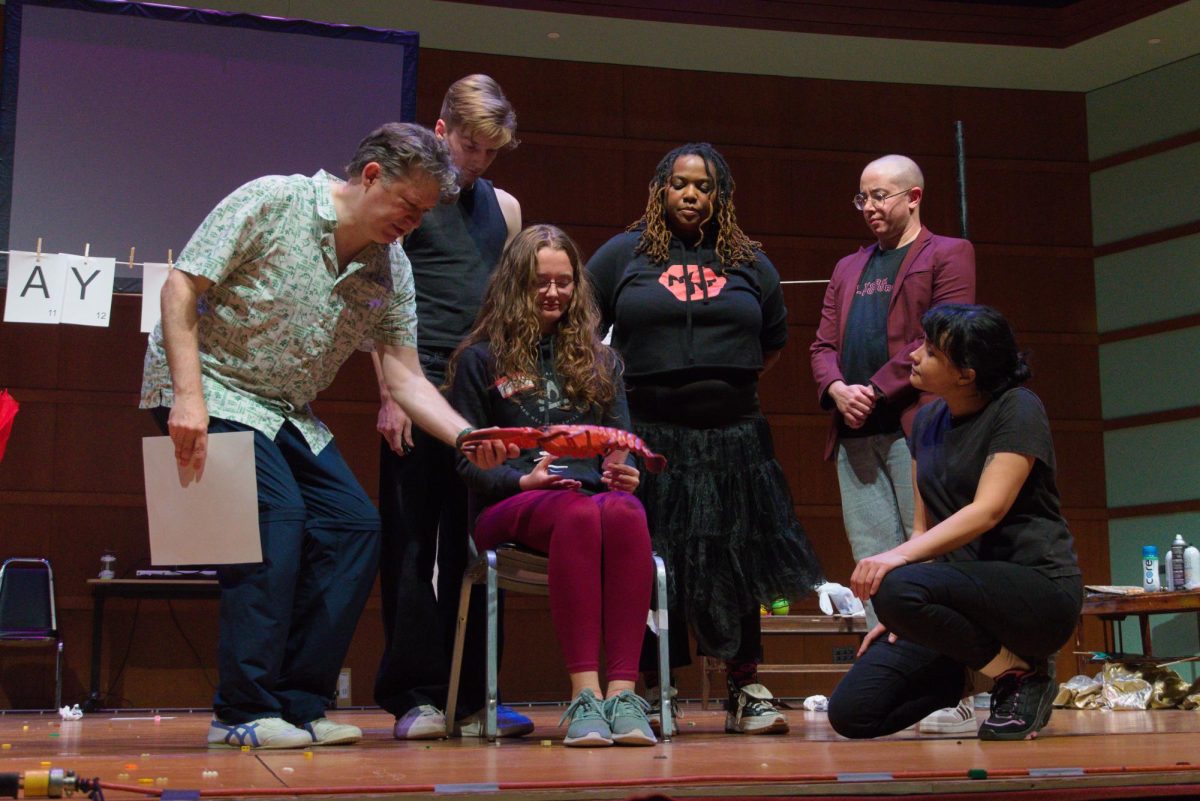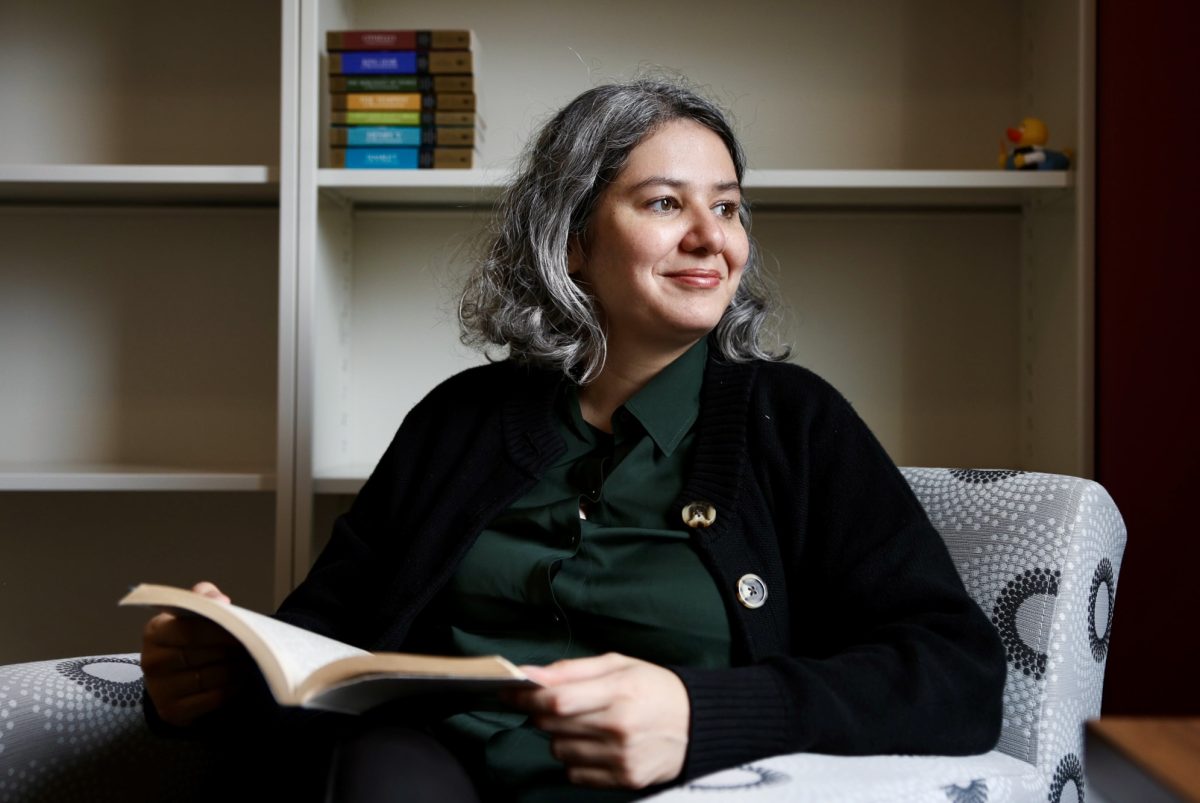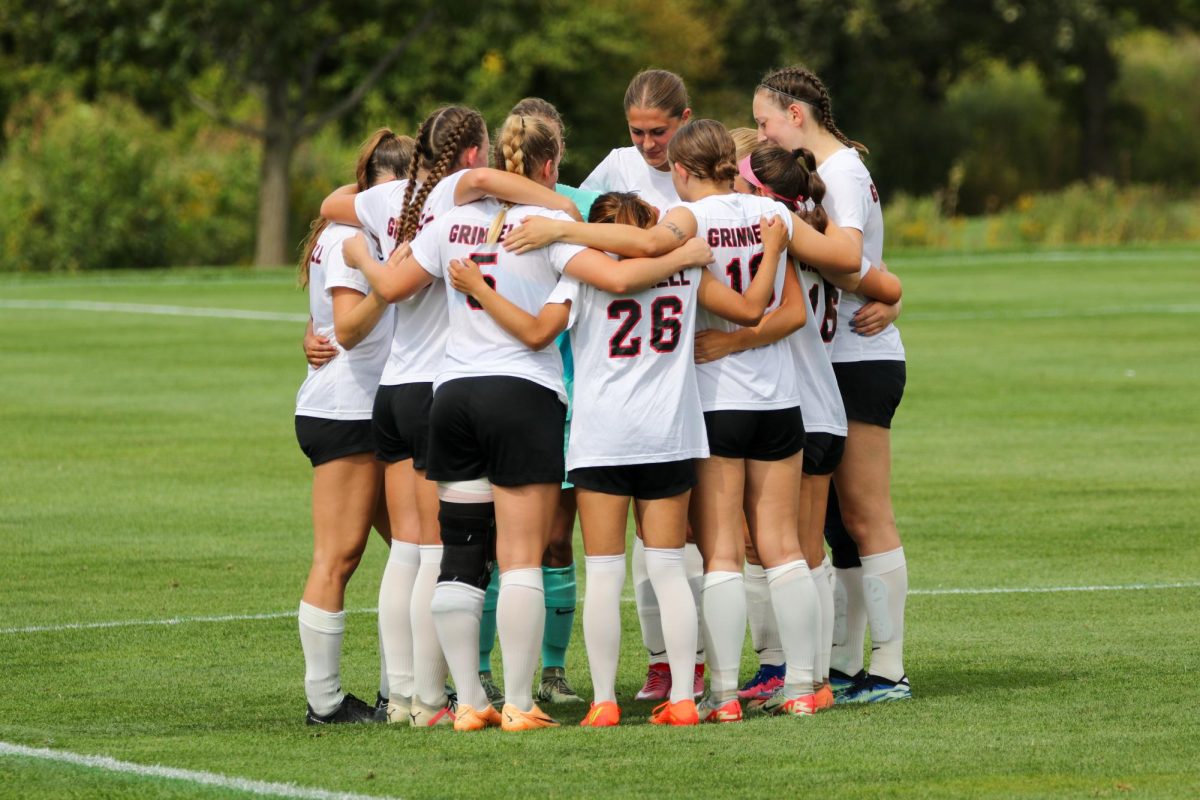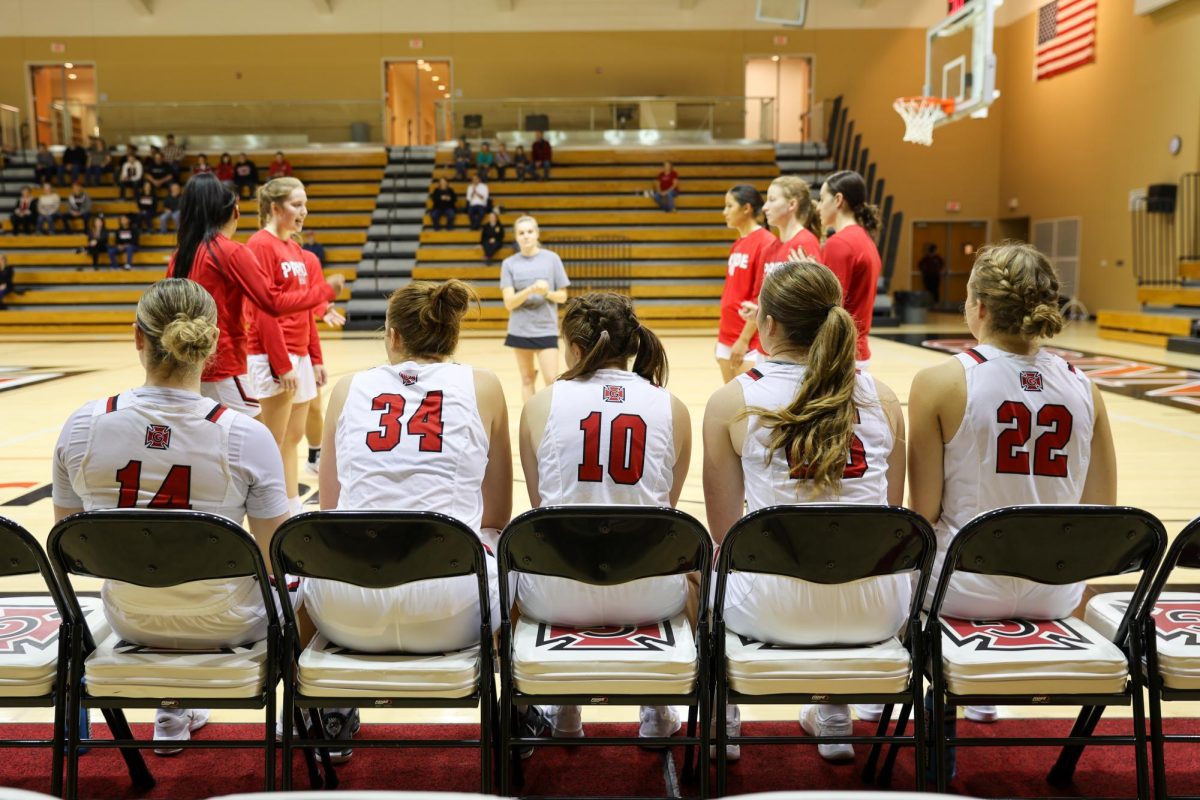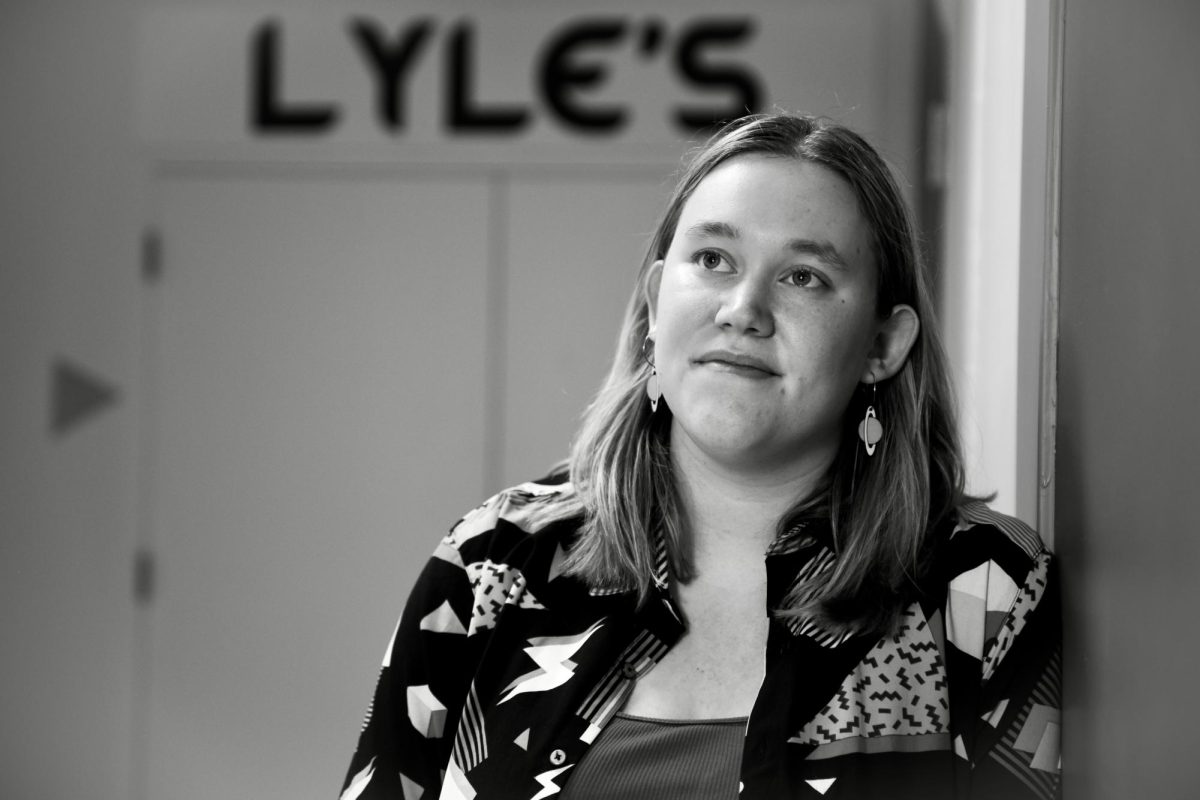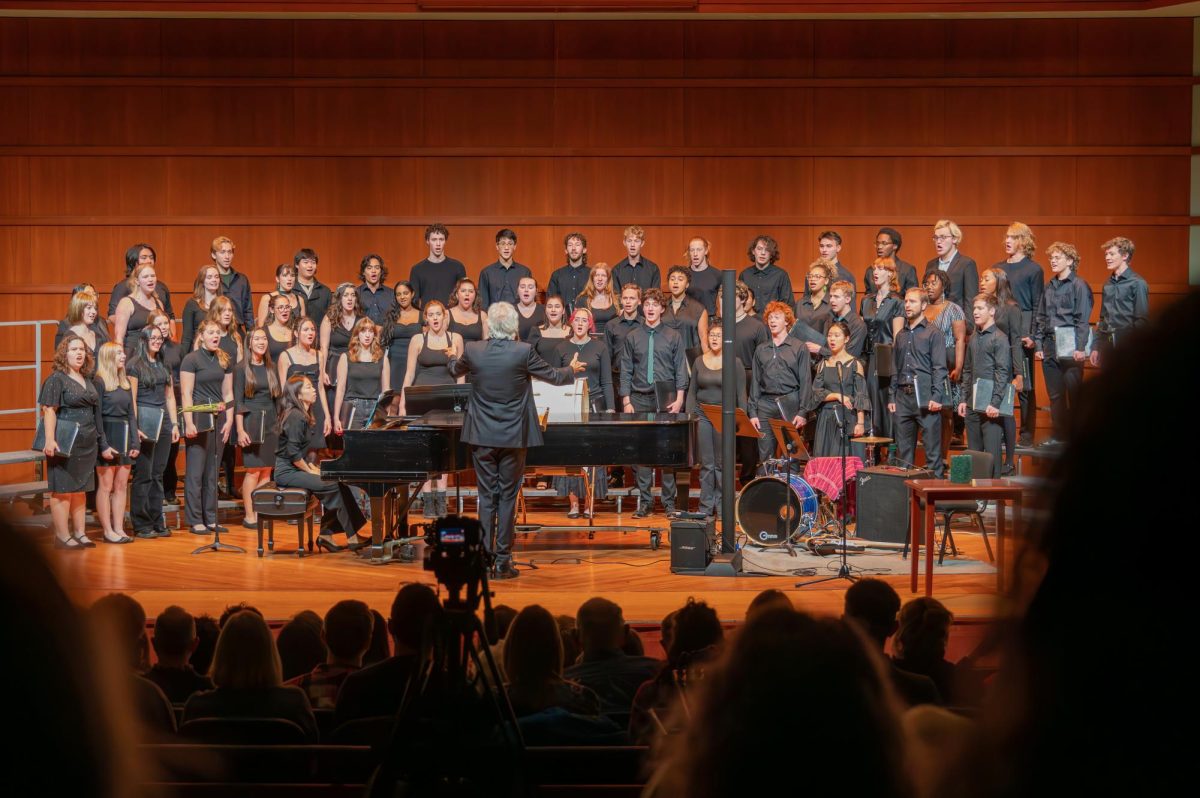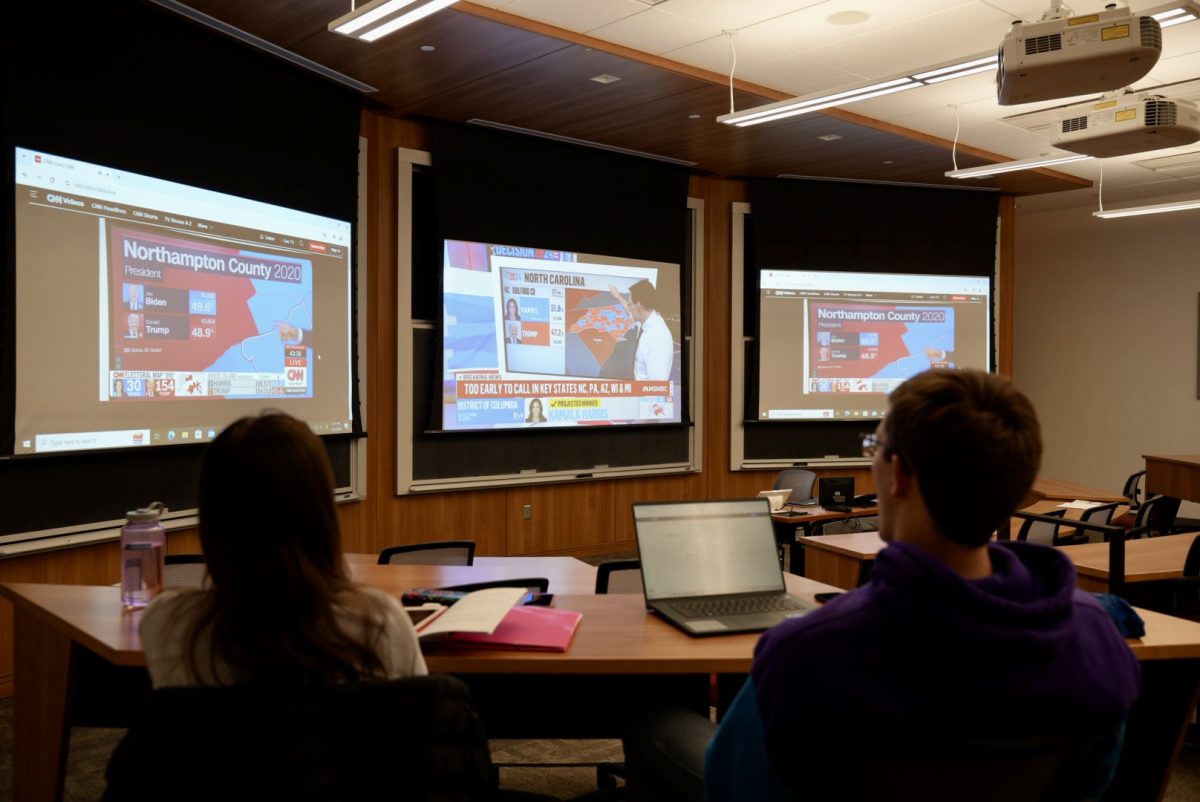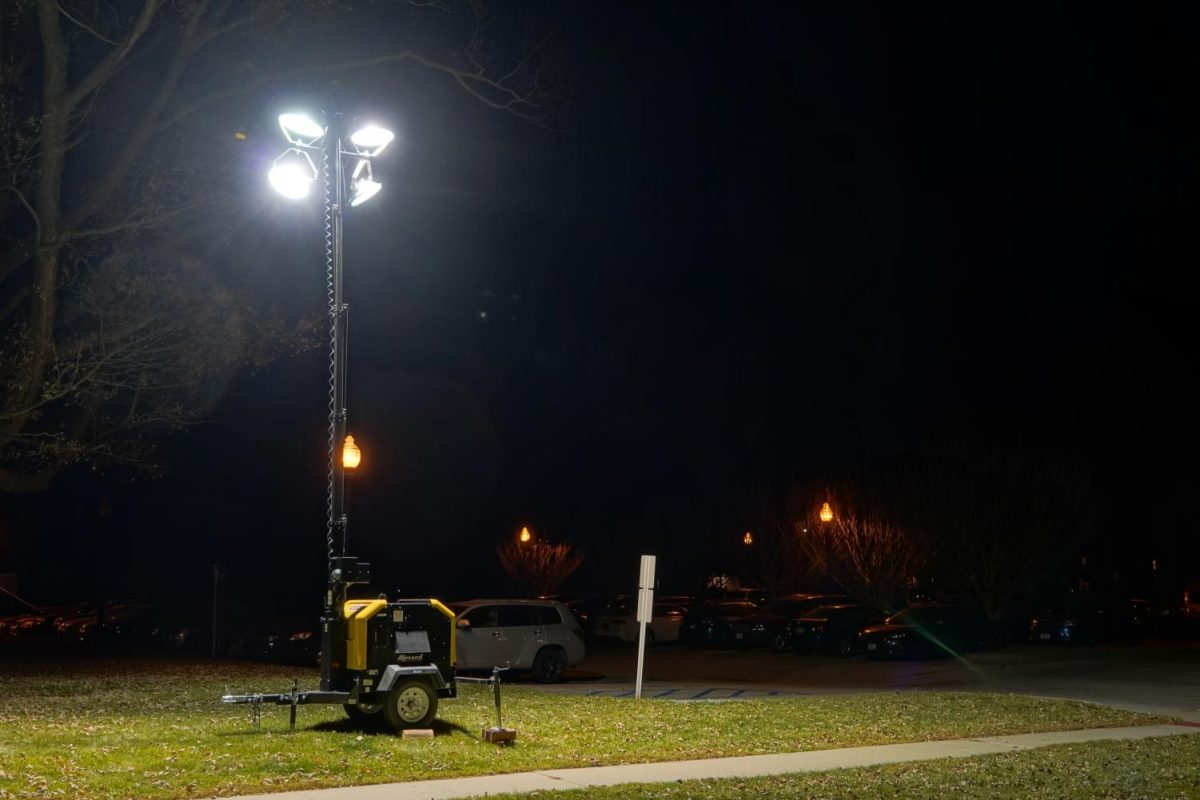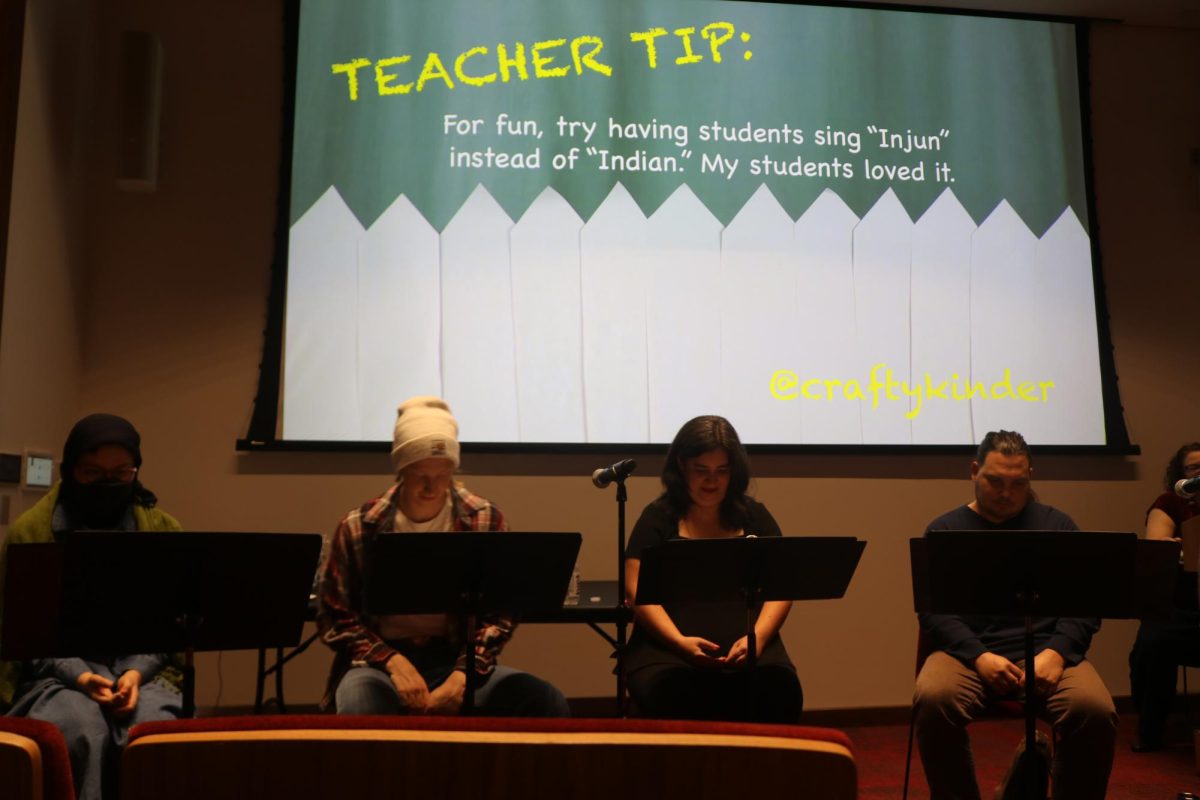After being knocked out of commission last May, Grinnell’s on-campus radio station, KDIC 88.5, began what would turn out to be a lengthy process of technological recovery to get back on air.
Last October, The S&B reported that KDIC management wanted the station to be functional in time for radio applications in the fall semester, but encountered trouble contacting a specialist in time for necessary hardware repair. Nearly a year of dead air later, KDIC is finally up and running again, and its staff is optimistic about the future.
KDIC mainly relies on three pieces of technology to properly broadcast to the Grinnell area and beyond: a transmitter, which projects the signal, a soundboard console, which controls audio, and the stream, which allows broadcasting over the internet. All three were broken and in need of repairs before KDIC was able to start transmission, with the former two likely broken by electrical storms and the latter by computer issues and a lack of use.
“I finally got our technician [Jim Davies] in in the first few weeks of school this semester. It turns out we didn’t have to get a new transmitter,” said Mavis Phillips ‘19, one of the KDIC managers.
“It turned out it needed a new tube, so it was a very internal problem. Our console couldn’t be fixed due to the fact that it was … maybe the second-generation soundboard that came from the 80s or 90s. The really nice thing about the new console is both analog and digital … it’s just newer technology so it’s protected from surges because this building’s grounded.”
Phillips reached out to Alex Mitchell ‘17, a former ITS employee, KDIC fan and current game designer, to square away the server issues that were preventing Internet broadcasts.
With the transmitter fixed, a new soundboard console acquired and server issues fixed, KDIC’s studio management quickly began a broad program of social media outreach. Lydia James ‘19, another of KDIC’s studio managers, saw it as their goal to promote the station on various platforms. Though KDIC has Facebook and Instagram accounts, they had fallen into disuse.
“I’ve been featuring new deejays and their shows and look on our Instagram page and stories and I think that’s definitely helped to get the word out,” said James.
KDIC’s staff have also sought to make physical changes to KDIC outside of hardware fixes. Alex Grigorovich ‘20, one of KDIC’s younger managers, hopes the Listening Room, KDIC’s space to curate and enjoy music, becomes a regular gathering spot.
“[We wanted] something like 20 hours a week or more of just having the door open for people to come in, look at our records, and engage with the space. This station feels really sad when there’s not people hanging around and there’s not a lot of noise going on,” said Grigorovich.
In the words of KDIC’s leadership, such changes have been done in the interest of increasing “accountability” for its station management in a variety of ways. Organization and cleanliness have also been a major initiative for KDIC staff. James and Marco Saffold ‘20, another member of KDIC’s managerial staff, spent a day deep-cleaning the KDIC space using supplies lent to them by Facilities Management (FM).
James framed this cleaning process in terms of respect for the space: “Any person who interacts with this space, whether it be DJs or someone who’s visiting their friend’s show, are going to treat the space the way that we treat it as managers, [like] if they see records lying everywhere without sleeves … if there’s food trash and like random boxes of old equipment that’s not being used.”
Phillips is also working on a binder containing all of KDIC’s important information, ranging from user manuals for its hardware to a specific code of conduct outside of the tenets of self-gov. Prior to this, the station lacked a comprehensive how-to guide.
“There was a huge task of coming in blind to the organization and having to figure out what needed to be done specifically… nobody had ever taken notes,” Grigorovich said.
KDIC is staffed by large proportion of fourth-year students: James, Phillips and their co-station-manager Steven Duong, all ‘19, are all graduating in May, but do not want the station to cease with their departure.
“I remember we were really concerned about … last semester that if KDIC didn’t get back up and running that the … class of 2022 would have no idea about what we do here,” James said. “There was one girl that came in for DJ training who had actually heard about KDIC when she was a prospie [prospective student] and knew that she wanted to do it ever since hearing about it. So that’s a really good feeling [when we’re] about to graduate … knowing that we’re broadcasting, and shows are running and it’s not going to just disappear.”
Similarly, KDIC staff hopes that the station will not return to being a “boys’ club,” particularly with regard to use of its newly outfitted recording studio. The studio has often been dominated by men and all-male bands, but the KDIC staff has sought to promote women and non-binary people’s use of the space. Phillips specifically cited the effort of Deniz Sahin ‘20 in both outreach and working to bring non-cisgender-male musicians into the space.
Ultimately, KDIC’s staff is passionate because of their love for radio and the community that it can tie together. Steven Duong ‘19 has worked with the station either as a DJ or manager in his entire time at Grinnell College, and views the station as a very important community resource.
“When I was a first-year, KDIC was a way for me to access a creative platform both tied to the people I lived with and the greater campus community of musicians and artists. It felt like a gateway to meeting other artists and for creating this sense of unity among some people in my class year,” Duong said.
“[Radio] can be a place of coming together for the student community, but also a way to reach beyond the limitations and borders of artistic expression and communication of this school.”
